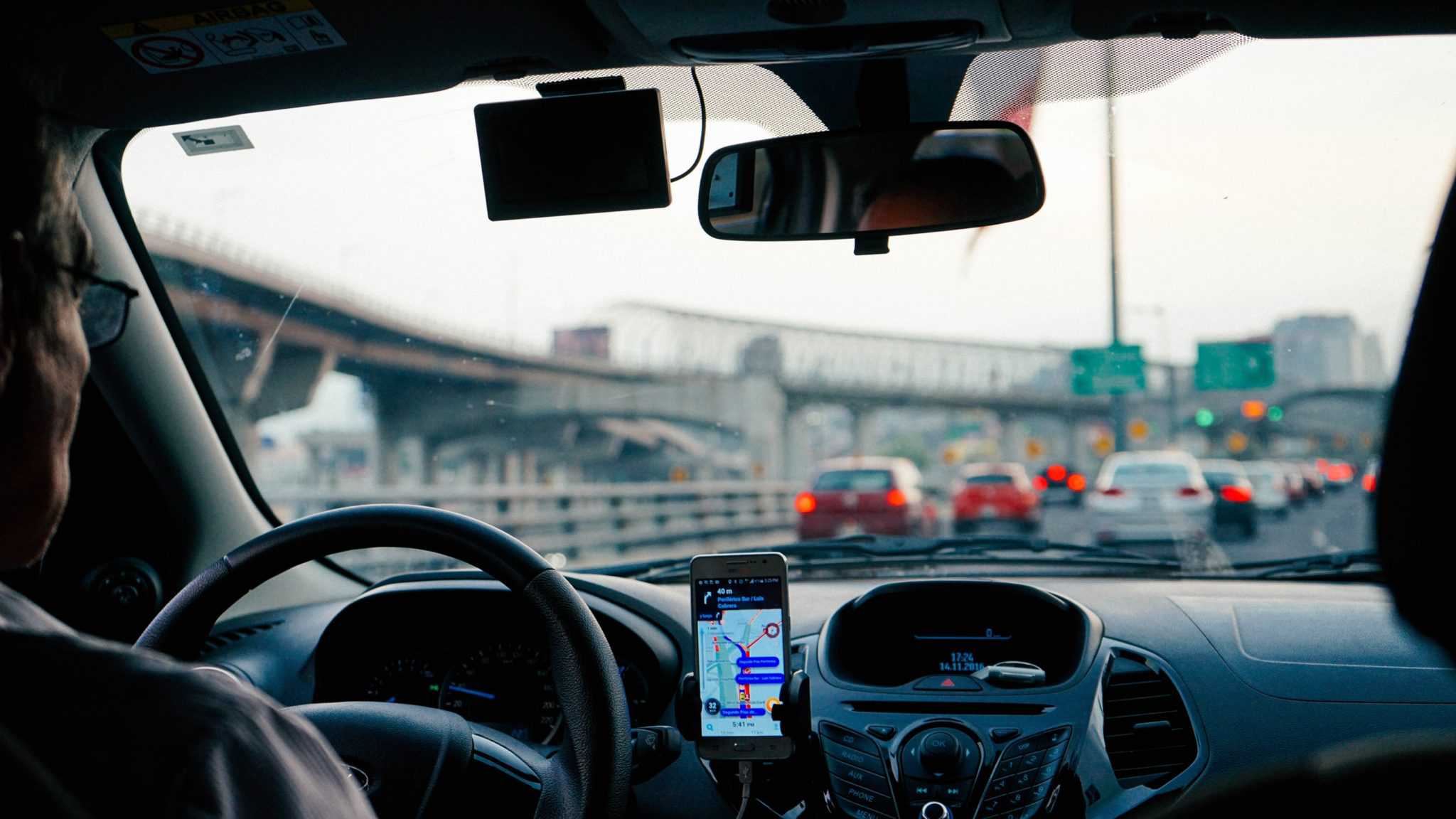Randon Herrera is a student at Harvard Law School.
Rideshare companies Uber and Lyft have announced plans to provide funds for drivers affected by coronavirus. According to The Hill, an Uber spokesperson stated on Friday that the rideshare company will make funds available to drivers infected or quarantined due to the virus to make up for up to 14 days of lost revenue. Though details have not been released, Lyft stated on Sunday that it would provide similar compensation to its drivers. DoorDash and Instacart are also reportedly considering providing funds to their drivers.
This past Thursday, the Department of Homeland Security announced intentions to make available an additional 35,000 H-2B temporary nonagricultural worker visas for fiscal year 2020. Of these visas, DHS has stated that 10,000 will be set aside for nationals of Guatemala, El Salvador, and Honduras. Additionally, DHS also stated that it will be implementing anti-fraud and abuse measures in the administration of the visas, including by: requiring matching start dates on H-2B petitions and employer’s stated date of start, collaborating with the Department of Labor on increased employer site visits, and generally limiting visas to returning workers “who are known to follow immigration law in good faith.”
On Sunday, Virginia passed a bill that would end the state’s ban on public sector collective bargaining. Though this bill gives local government workers the right to collectively bargain if their locality opts in, it does not mandate that localities opt in, reports the Washington Post. A mandate was passed by the Virginia House but did not make it through the Senate. Some fear that the bill will not have a significant effect since there is nothing compelling localities to allow collective bargaining. Prior to this enactment, Virginia was one of three states, along with North and South Carolina, with an outright ban on public sector collective bargaining.
A new law was just passed in New Mexico, banning pregnancy employment discrimination. Bloomberg Law reports that the new law makes it illegal for employers to discriminate against employees due to pregnancy, childbirth, or other related conditions. The law requires employers to make “reasonable accommodations” to women who are pregnant or have recently given birth. The law also makes pregnancy and recent childbirth protected classes under the state’s Human Rights Act.






Daily News & Commentary
Start your day with our roundup of the latest labor developments. See all
March 3
In today’s news and commentary, Texas dismantles their contracting program for minorities, NextEra settles an ERISA lawsuit, and Chipotle beats an age discrimination suit. Texas Acting Comptroller Kelly Hancock is being sued in state court for allegedly unlawfully dismantling the Historically Underutilized Business (HUB) program, a 1990s initiative signed by former Governor George W. Bush […]
March 2
Block lays off over 4,000 workers; H-1B fee data is revealed.
March 1
The NLRB officially rescinds the Biden-era standard for determining joint-employer status; the DOL proposes a rule that would rescind the Biden-era standard for determining independent contractor status; and Walmart pays $100 million for deceiving delivery drivers regarding wages and tips.
February 27
The Ninth Circuit allows Trump to dismantle certain government unions based on national security concerns; and the DOL set to focus enforcement on firms with “outsized market power.”
February 26
Workplace AI regulations proposed in Michigan; en banc D.C. Circuit hears oral argument in CFPB case; white police officers sue Philadelphia over DEI policy.
February 25
OSHA workplace inspections significantly drop in 2025; the Court denies a petition for certiorari to review a Minnesota law banning mandatory anti-union meetings at work; and the Court declines two petitions to determine whether Air Force service members should receive backpay as a result of religious challenges to the now-revoked COVID-19 vaccine mandate.